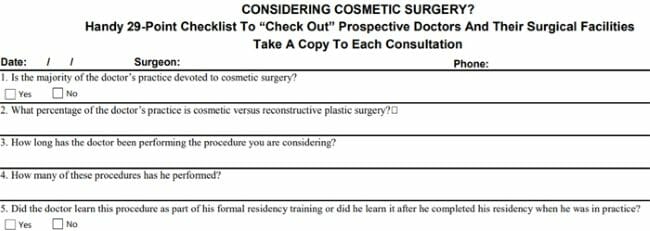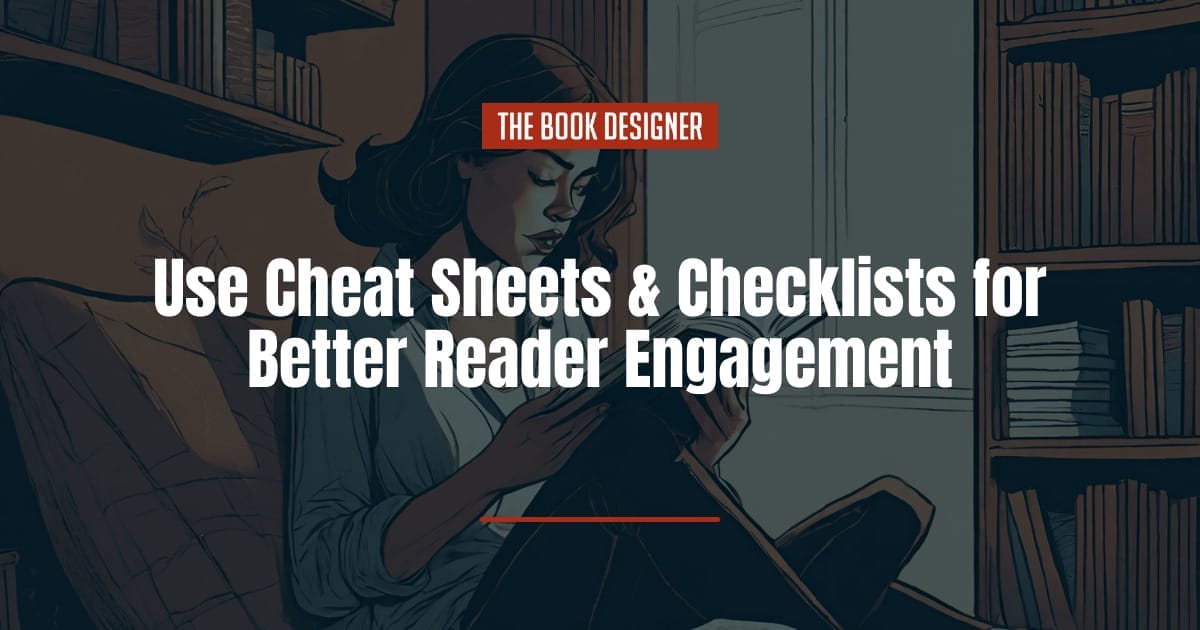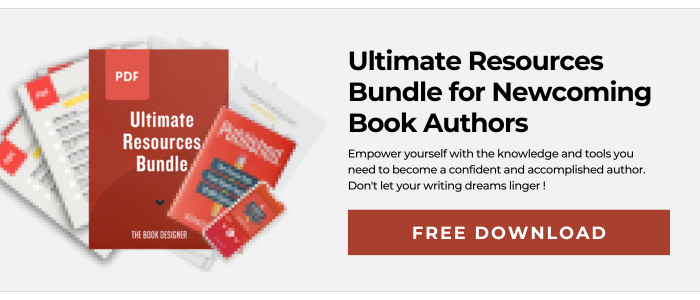Readers love chunks of information they can digest easily in just a minute or two.
That’s why cheat sheets and checklists can be amazing tools for better reader engagement. These powerful one-page PDFs are like digital crowbars that can pry an email address out of a website visitor faster than any other lead magnet you might offer.
Tie the topic of your cheat sheet or checklist into your book, and you’ve got a promotional hook that reels in readers and, in some cases, clients.
That’s what Internet marketer Perry Marshall discovered when he was promoting his business book, 80/20 Sales and Marketing – The Definitive Guide to Working Less and Making More. He offered a one-page cheat sheet in exchange for a name and email address. It includes 34 facts or challenging statements about the 80/20 rule, also known as the Pareto Rule, that says you can save 80% of your time and money by zeroing in on the top 20% of your market that brings in the most revenue.
Tip #29 reads:
“It only pays to answer a question in a marketplace if nobody else is answering it. When you solve the most urgent problems that the most responsive 5% are searching for, you hit pay dirt.”
Here’s what you need to know about using cheat sheets and checklists for reader engagement:
Cheat Sheets are Keepers
The cheat sheet appeals to serious students, or the 20 percenters who bring in 80% of the revenue. “I had a guy who runs a large accounting firm join my Roundtable and I saw that he had made the cheat sheet his master marketing guide for the entire year,” Marshall said. “He carried it with him everywhere he went.”
People who sign up to get the cheat sheet, one of his most valuable lead generation tools, turn out to be fans of his book as well as his most valuable customers. In other words, that cheat sheet fostered very high reader engagement.
Play Off Other Famous Lists
If you can’t think of a title for your list, consider playing off the titles of other famous lists.
For example, Pat Morgan’s book, Concrete Killing Fields, describes her work with the homeless in Tennessee. She played off the “12 Steps” of Alcoholics Anonymous and created “Twelve Steps for Do-Gooders.”
It describes the difficult balance that many advocates and social workers must strike in order to be truly helpful. AA’s Step 4 reads: “Made a searching and fearless moral inventory.” Her Step 4 reads: “Made a searching and fearless moral inventory of myself and the ‘help’ I was trying to provide to others, often rendered unrecognizable because of my frustration and anger at the very people I wanted so much to help.”
Think of these lists as stand-alone content for the media. Pat could submit the entire list of steps, or only part of it, to a magazine which could print it as is, with a short mention of the book at the end.
Make Checklists a Part of Your Book
Dr. Robert Kotler, author of Secrets of a Beverly Hills Cosmetic Surgeon, included “A 29-point Checklist to ‘Check Out’ Prospective Doctors and Their Surgical Facilities” in the back of his book. He even suggests that patients take a copy of it to each consultation.

The checklist is also available as a free download at his website, RobertKotlermd.com. It’s a perfect “extra” to offer to the media during his many media interviews. And he mentions it on the back cover. Who knows how many people bought his book just to get the checklist?
I recommend authors use at least one cheat sheet or checklist in their book’s media kit. Take some time to create an attractive version of these that matches your author brand to boost reader engagement even further.
Ideas for Fiction
If you write fiction, you too have opportunities galore for cheat sheets and checklists. You can even embed links within the PDFs that lead readers to other content: a Pinterest board, your Facebook page, or a blog post.
Five examples:
- Create a checklist of advice from your main character on how to overcome a challenge or solve a problem mentioned in the book.
- Offer a cheat sheet for tourists who want to visit the city, state, region or country where your novel takes place. If your book is about Venice, your cheat sheet could be titled, “Favorite Foodie Hideaways to Explore in Venice.”
- Do your sci-fi characters have their own language? Create a cheat sheet of words and their definitions.
- Create a checklist of “7 Most Romantic Places to Propose” that ties into your romance novel.
- Does your children’s book include a fairy as one of the main characters? Create a cheat sheet of “What the 5 Most Famous Fairies Can Teach Your Child.” (The Tooth Fairy, Tinkerbell, etc.)
Include a short blurb about your book at the end, with a link to the sales page.
These lists don’t have to be about serious topics. Be helpful and have fun.



